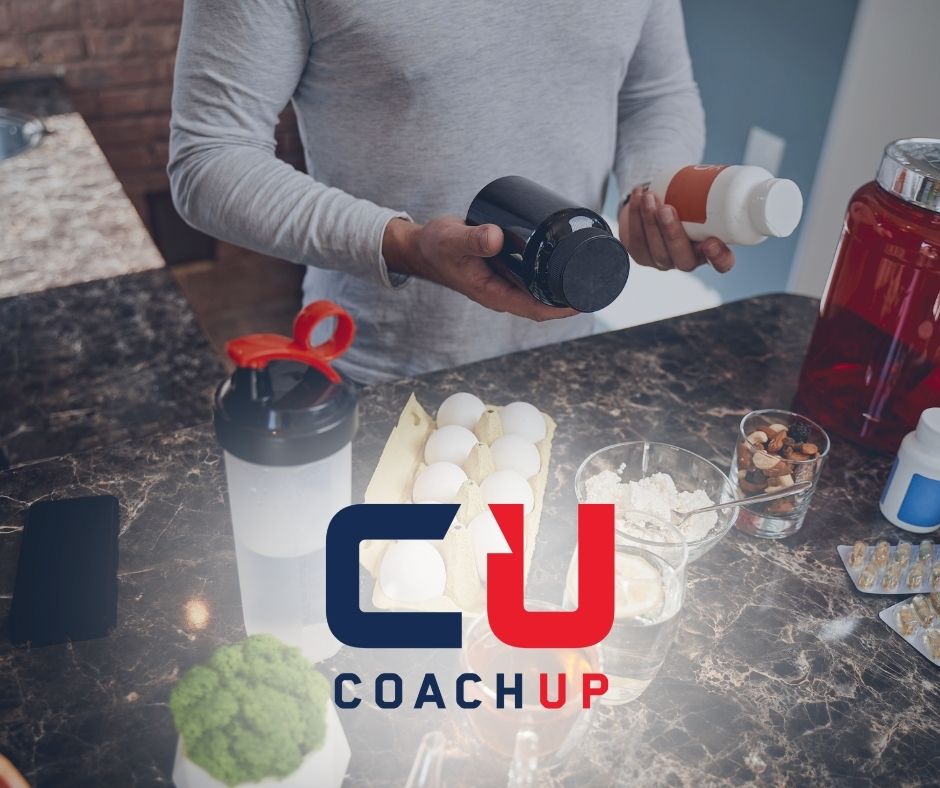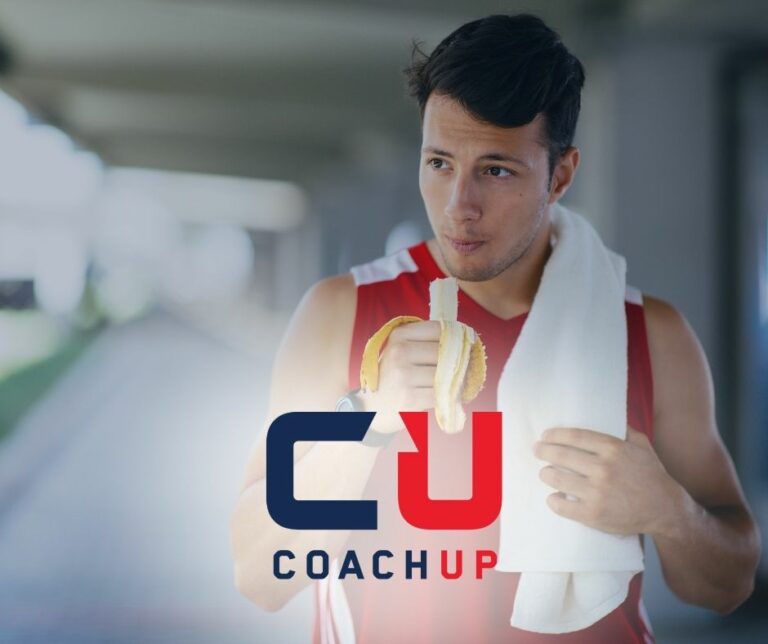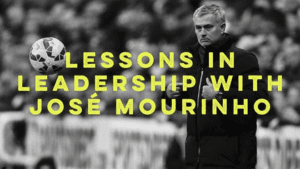If you’ve ever walked into a big game feeling sluggish, overly full, or that distinct “I’m starving” hump, you’re not alone. Countless athletes have been there — and many don’t realize it’s not always what they eat, but when they eat that makes the difference. Let’s walk through some key highlights about meal timing for athletes, considering fueling up, staying energized, recovering, and the benefits of it all.

Understanding the Why: The Science in Simple Terms
Your body runs on fuel, and that fuel comes from the food you eat. But just as a car has to warm up and use the right kind of gasoline, your muscles have windows of performance where they respond best to nutrients.
When you eat, your body breaks food into glucose, your muscles store it as glycogen, and your hormones (like insulin) regulate how quickly energy is released. During intense training or games, your body dips into those stores. If you’re underfueling before or slow to refuel after, performance, recovery, and even adaptation suffer.
The magic isn’t necessarily in perfectly timed meals every day — but aligning your big fuel moments (pre, during, post) with your toughest demands allows you to maximize effort.
Before You Hit the Field: Pre-Game / Pre-Workout Meals
Ideally, eat a full meal—carbs + lean protein + moderate fat—2 to 4 hours before your game or session. That gives your body time to digest, set energy, and avoid that heavy, “bogged down” feeling.
Then, 30 to 60 minutes before start, you might have a small snack if your stomach will allow it. Something simple and easy to digest, like a banana, apple sauce, or a light sandwich. This top-off helps maintain blood sugar when the lights turn on.
If you’ve ever crammed a full meal right before warm-ups and felt sluggish, you know exactly how sensitive your gut can be when it comes to making explosive movements.
Fuel In the Moment: During Training & Competition

Long practices, double-headers, and tournament days are when timing in-session fuel really matters.
For sessions over ~60–90 minutes, having small amounts of simple carbs every 30–60 minutes helps delay fatigue. That could look like orange slices, an electrolyte drink, honey packets, or gel-type options.
For shorter workouts, you might skip in-session fuel — but only if your pre-meal was solid and a recovery meal is planned. The key is preventing your body from dipping into its “emergency reserves.”
Recover Smart: Post-Workout Timing
Once the whistle blows, your muscles are primed to absorb nutrients. That’s your window — ideally within 30 to 60 minutes — to restore glycogen, repair muscle, and begin the recovery process.
A good post-game or post-workout plate has carbs + protein + a fat: think grilled chicken and rice bowl, yogurt with fruit and nuts, or a wrap with lean protein.
Don’t skip this meal. It’s not optional, it’s part of the work that is being an athlete. The clock on recovery starts ticking the minute you finish.
All-Day Timing & Consistency
Between events, your daily meals set the foundation. Breakfast, lunch, dinner, and snacks spaced 3–4 hours apart helps avoid energy dips or overeating later.
Match your eating windows to your training schedule. If you train in the morning, your breakfast might come before and your next meal right after. If you’ve got evening sessions, leave some room mid-day to fuel again before hitting the field.
A consistent rhythm helps your body stay ready, predictable, and responsive in competition. You can train it to act as a nutrient clock.
Adapting When Things Don’t Go as Planned
With travel delays, early games, school, and fatigue, timing won’t always go your way. But you can adapt:
- Keep portable snack kits (fruit, bars, jerky) in your bag.
- Use liquid meals (smoothies or shakes) to mix things up.
- If you miss that pre-meal window, shorten your snack gap and adjust the post-meal accordingly.
- Listen to your body — if you’re dragging, you probably need to refuel sooner.
One Day Competition: A Sample Plan

Imagine you’ve got a 3 p.m. game. Here’s how your timing might look:
- 11:00 am — balanced lunch (rice, lean protein, veggies)
- 2:00 pm — small snack (apple + peanut butter)
- 3:00 pm–5:00 pm — game time, sip fluids with some quick carbs at halftime
- 5:15 pm — recovery meal (grain bowl, yogurt parfait, or lean wrap)
- 7:30 pm — dinner to finish up day refueling
On lighter training days, you might skip the snacks, but should always prioritize pre and post meals.
Final Thought
Timing your meals for peak performance doesn’t demand perfection — it demands intention. When you align your fuel windows with your effort peaks (before, during, after), you give your body the tools to perform, adapt, and recover smarter.
Start by playing with one meal timing shift this week. Maybe push your snack earlier before practice or try to nail that post-session recovery meal. Track how you feel; more energy, less fatigue, better results. Pay attention, learn from your body and keep adjusting your plan.
With our 100% money-back guarantee and vetted coaches, anyone can achieve their full athletic potential. CoachUp is the safest and easiest way to find a coach for personalized training. Find your perfect coach today and become the athlete you want to be!
How useful was this post?
Click on a star to rate it!
Average rating 5 / 5. Vote count: 1
No votes so far! Be the first to rate this post.



